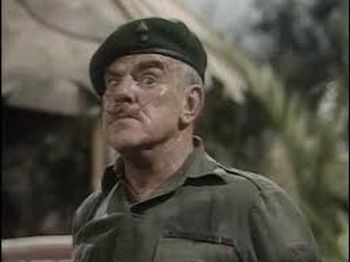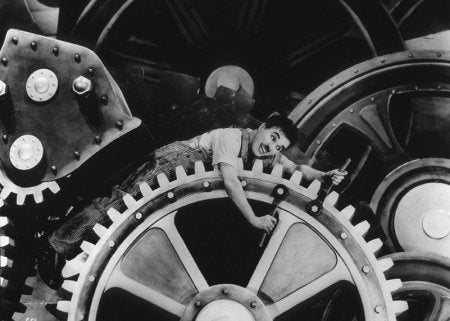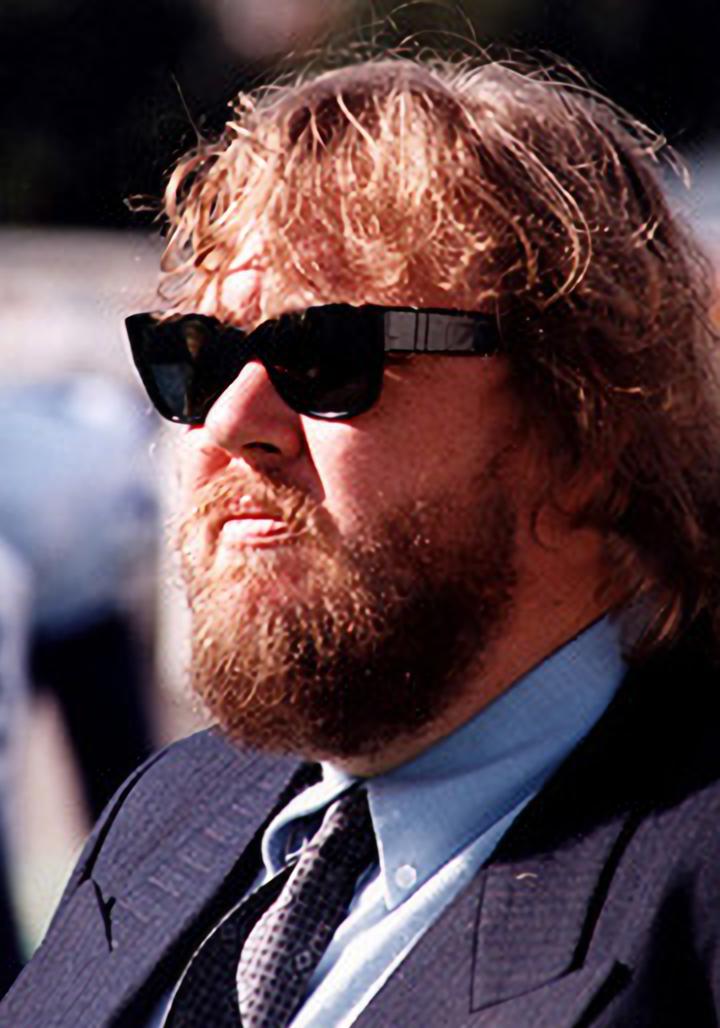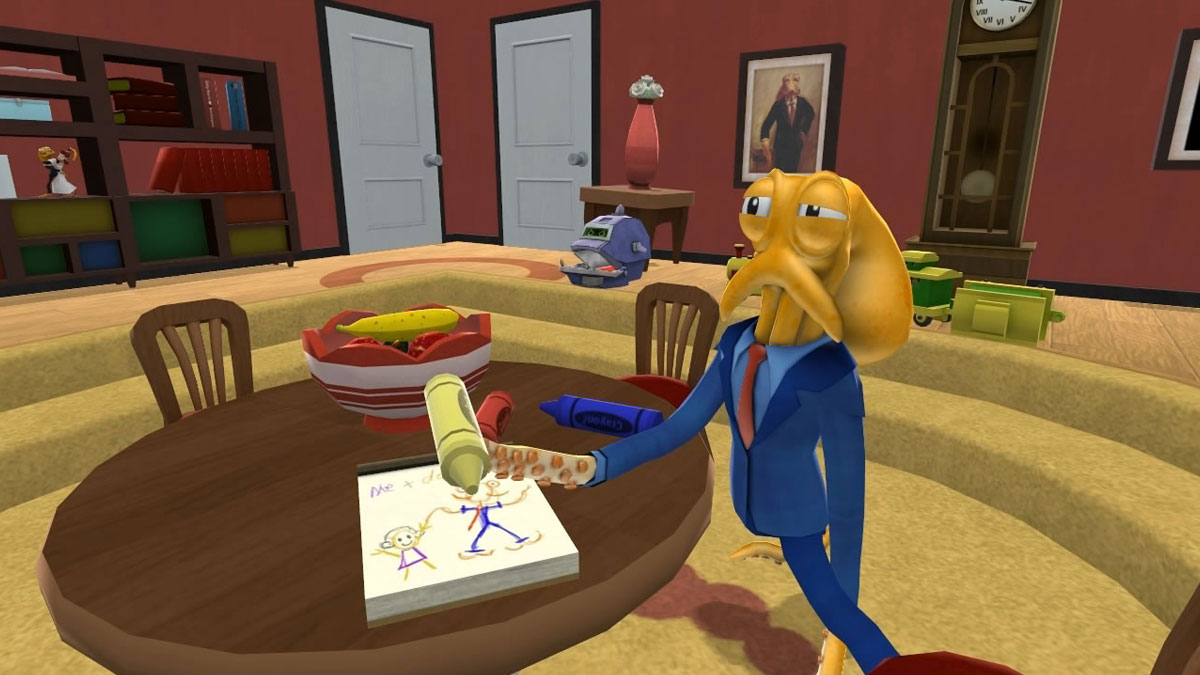 |
| The Royal Artillery Concert Party |
This is one of the classic war-comedies
produced by the BBC. With 52 episodes broadcast between in 8 seasons between
1974 and 1981, it was the second British sitcom to be set in World War II,
after Dad's Army. This series focuses on a Royal Artillery Concert
Party, that travels through Asia to amuse the troups fighting the Japanese.
As is customary in the army, all members of
the group have nicknames and generally only addressed by their nicknames. The
group consists of: “Shut up”, “Lofty”, “Parky”, “"La-de-dah" or
"Paderewski", “Atlas”, "Nobby", "Nosher",
"Solly" and "Gloria". “Shut up” is the commander of the
unit and the only 'real' soldier. The rest are draftees and don't want to be in
the army, but are happy to not have a fighting position.
 |
| Sgt. Shut Up |
Tudor Brynne 'Shut Up' Williams is the
sergeant-major and day-to-day commander of the group. He has been a
professional soldier most of his life and hates being assigned to work with the
concert party. He is often seen shouting at the men in the manner of a drill
sergeant and is usually working on schemes to get the group disbanded and
assigned to front-line positions. His schemes are always thwarted by the men,
often with the help of the officers, even though the officers aren't always
aware of what they're doing.
Colonel Charles Arthur Digby St John
Reynolds is the most senior officer in the concert group. He is a huge fan of
the group's work and always enjoys the shows. He is a solicitor which in all
probability makes him the highest-educated officer in the group. He is the
stereotypical British officer with a stiff upper lip and proper appearance and
behavior. He is generally good-natured and tries to keep his easy life behind
the lines at all costs. He thinks his life as a soldier in Asia is very hard,
although he spends most of his time in a well-ventilated office sipping gin and
he indulges in luxury dining with the elite.
Captain Jonathan Tarquin 'Tippy' Ashwood is
the second-in-command in the group, but is an absolute twit. He has about as
much military bearing in him as a cucumber and he is a huge fan of the show, in
particular the drag-acts. Due to his position of authority and his lack of wit
he is often manipulated by others to achieve their own goals. He is also known
to often unintentionally ruin other's plans and he is pretty much useless when
it comes to solving problems. His catch-phrase is “It's a tricky one, sir”
which is his standard answer anytime the Colonel asks him for his input.
Bombardier 'Solly' Solomons is a highly intelligent,
Jewish, soldier who always plays the male lead and is the party's producer. His
main goal is to stay away from the front and he remained successful in this
right up to his going back to England after the second series.
Gunner (later Bombardier) 'Gloria' Beaumont
is a very effeminate man and a huge coward. He considers himself an artist and
feels he doesn't belong in the war. He has difficulty adapting to the heat,
mosquitoes and violence that comes with army life in India.
Gunner 'Lofty' Harold Horace Herbert Willy
Sugden is a tiny man, with an amazing tenor singing voice. Even 'Shut up' can't
resist his voice when he's singing. He is although often ridiculed for his
appearance, especially by the Sergeant-major and he is always picked as 'volunteer'
for nasty or dangerous tasks.
Gunner 'Parky' Nigel Parkins is the
youngest member and possibly major Williams' son. As a result he is Williams'
favorite and is often complimented by him. Huge blunders such as destroying the
officer's mess (instead of clearing up the mess) are easily forgiven. He has no
exploitable talent for the actual show so he is appointed the company clerk.
The other men like having him in the group, since they figure the Major would
want to keep them all safe as long as his son is with them.
 |
| The show's title card for the first 2 seasons |
Gunner 'Paderewski' 'La-De-Dah' Jonathan
Graham is the pianist. He has a university degree in English literature and
speaks in a very upper-class accent. His education and accent are reason for
Shut up to constantly mock him. His intelligence is often relied on by others –
including the Major – to get them out of sticky situations. His plans often
fail however, leading him to utter his catch-phrase “oh well, bang goes that
theory”.
Gunner 'Atlas' Mackintosh is the party's
strongman. He is very masculine and a little short-tempered. He is however good
at heart and copes with the situation to the best of his knowledge.
Gunner 'Nobby' Clark is not the smartest of
the party and often makes funny but useless comments. He has a whistling act and
can do a marvelous bird imitation.
Gunner 'Nosher' Evans has a paper tearing
act, and eats a lot. He often talks with his mouth full, spraying food on
whoever he's talking to.
This series is a classic for good reason.
Making fun of the army is, especially in Britain, a sure recipe for success.
The British soldiers interaction among themselves and with the native 'Wallahs'
is hilarious. The series wasn't repeated too much on British television due to
the controversy over Michael Bates, an Indian-born white actor playing one of
the natives. The series was repeated in other countries though and has had
several DVD releases which had the success they deserved.














.jpg)



